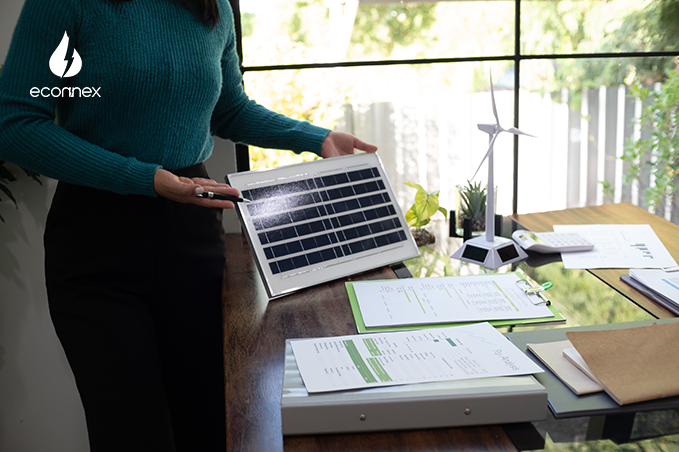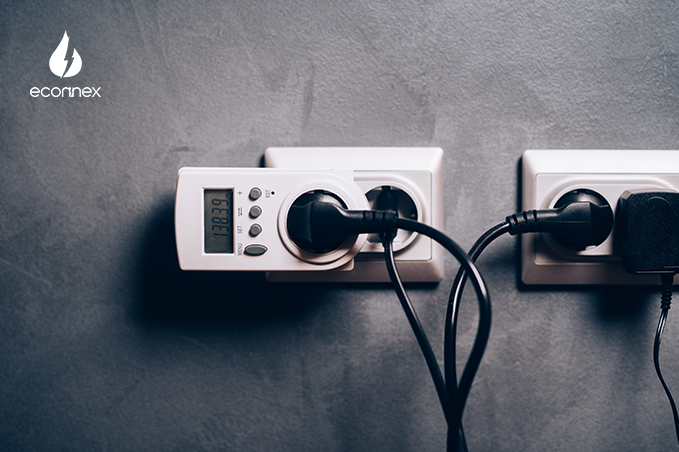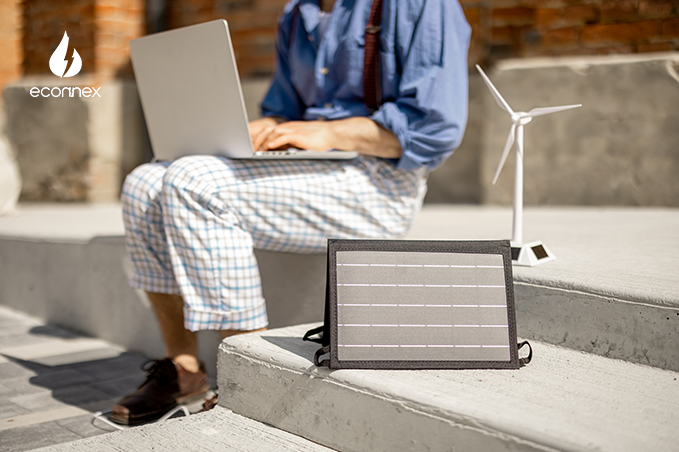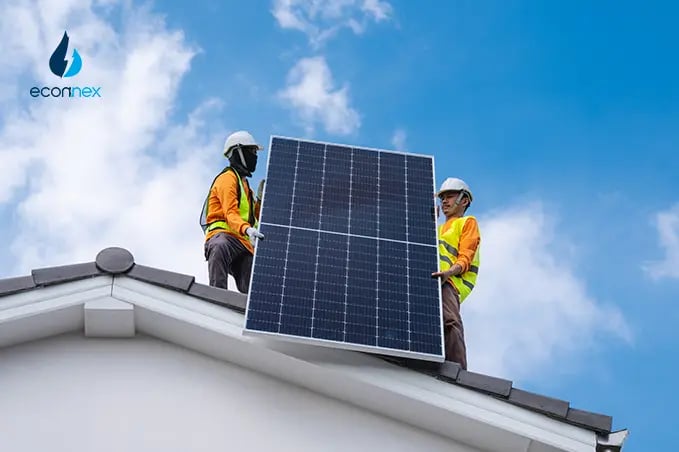Can solar panels be recycled? Uncover the truth about solar panel recycling in Australia, the challenges, and the innovations shaping a sustainable future.

Published on 17/03/2024
By William Walton
Solar Comparison
With their embrace of new renewable technology solutions, increasing numbers of Australian households are leveraging solar panels to reduce their carbon footprint and save on utility bills.
However, these environmentally conscious consumers may also want to know about the state of solar panel recycling – can solar panels be recycled in the first place, what percentage of the panel is recyclable, and what facilities exist in Australia? With the growing uptake of solar comes an increasing concern for what to do at the end of the system’s life.
These are all pertinent questions that we can help you address. Are solar panels recyclable? The shortest answer is yes; solar panels can be (mostly) recycled in Australia. However, there are some qualifications to that statement, and only some states currently have the necessary facilities.
Let’s explore the state of the solar panel recycling industry, including the technology available in the market, the major players within Australia, and where we see the potential for innovation in the next few years.
As more consumers enter the market, there is an ever-increasing need for recycling or disposal facilities to deal with these potentially hazardous materials at the end of the array’s life. That’s understandable, as many photovoltaic panels contain materials including silicone, lead and cadmium, which may be detrimental to the health of others if not disposed of correctly.
Check Top 10 Solar Panels in Australia
The material composition of different solar panels varies between manufacturers and according to the panel type. There are three predominant options for solar panels on the Australian market, which we explore in more detail here: monocrystalline, polycrystalline and thin-film. While their composition has some similarities, each type of panel has its own mix of materials.
The upshot is that many complex materials are used across various panel types, and the prospect of fully recycling every last component is quite a challenge. Thin-film panels, in particular, present a tricky problem to solve due to the wide variation in materials used and complexity compared to their crystalline siblings.
So, if you’re asking, “Can solar panels be recycled?” the response may not be as clear-cut as you’d like.
It’s hard to give a definitive answer. That’s because, technically speaking, the technology exists in Australia to recycle up to 97% of the materials in a solar panel. However, it’s still in its infancy and only available in limited locations, such as Melbourne. The ability to recycle your specific panels (and how much of the material will be recycled) depends on the particular facilities surrounding your location.
It’s essential to make a plan ahead of time because some states have started implementing legislation that bans the disposal of solar panels in landfills, most notably Victoria.
Check - Top Residential Solar Panels
Undoubtedly. Researchers within Australia are developing new technology, such as a patented sieving process developed at the University of New South Wales (UNSW), that could transform how the community recycles old solar panels. This development could improve the amount of materials salvaged and the time taken to sort between them.
In fact, the research suggests that prototype technology may be able to extract up to 99% of the different components that comprise a solar panel, ensuring they are carefully separated to prevent contamination (which is very important).
As the uptake of solar continues around the nation, it’s reasonable to believe that recycling solutions will develop further, especially as we learn from early-adopting countries, such as Germany. It will be fascinating to see the technological innovations shaping the solar industry's future.
The future looks bright (pardon the pun), although more work must be done. Hopefully, solar manufacturers will improve panel design, considering recycling processes to make for a more straightforward process when they come to the end of their life. Ideally, these innovations will pick up pace as we move through the decade and more arrays of panels require disposal. Solar retailers should also continue to improve the energy efficiency of their panels and optimise battery technology to improve storage.
This is only the beginning of the solar revolution, which is showing no signs of slowing any time soon. In fact, there has never been a better time to consider implementing a solar array for your household. It can potentially reduce your carbon footprint and help you save on utility bills simultaneously.
If you’re ready to join the millions of other Australians embracing the advantages of solar, you should look no further than Econnex. We have created a platform that allows you to complete the entire journey, from comparing systems available to be installed for your property to submitting your application. There are no advertisements, sponsored products, or third-party links – just unbiased comparison technology that allows you to make a truly informed decision.
It's a simple three-step process:
That’s all you need to do to harness the power of the sun and put it to use for your household. You could start reducing your energy bills and emissions in no time, leveraging green technology to deliver sustainable energy solutions.
Let’s get started. Compare, select and save.



